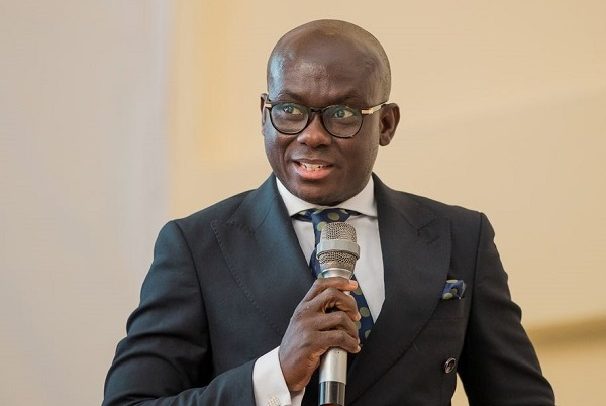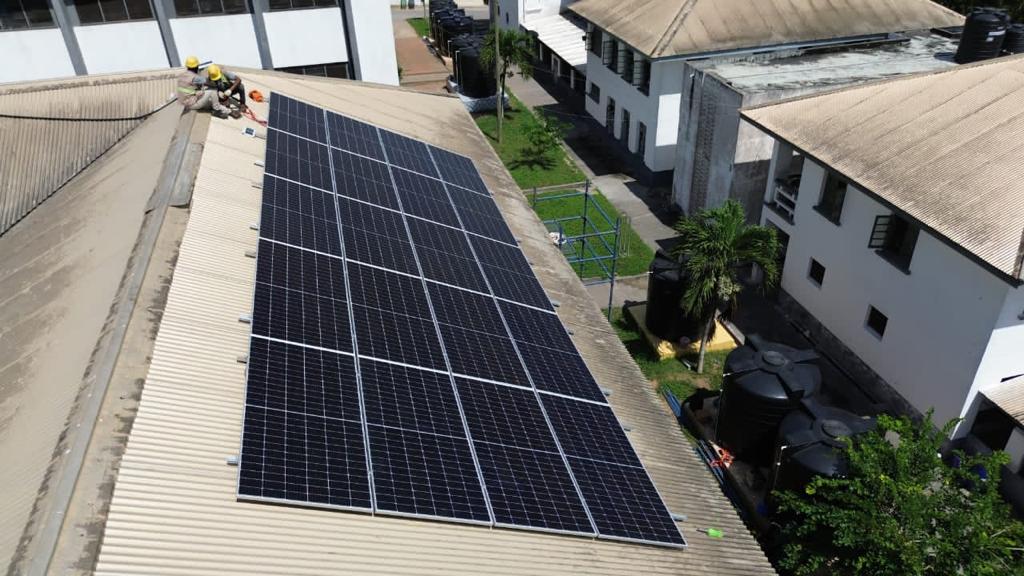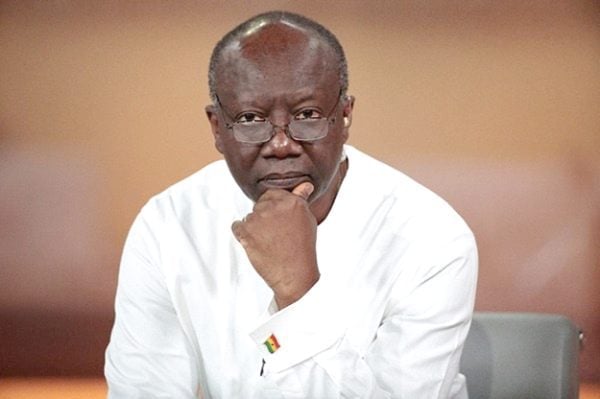
A leading research scientist at the Kwame Nkrumah University of Science and Technology (KNUST), Professor Nathaniel Owusu Boadi has issued a bold challenge to Ghana’s government, industry leaders, and researchers to harness the power of nanotechnology to unlock affordable, sustainable energy solutions or risk falling behind in the global green energy race.
Delivering his inaugural professorial lecture titled “Toward Accessible Green Energy for All: Harnessing the Power of the Invisible Giants,” the Professor of Chemistry outlined a visionary roadmap for leveraging nanomaterials—tiny engineered structures at the atomic level—to revolutionize solar power, energy storage, and smart technology across Africa.
Breaking Down Cost Barriers
With conventional silicon solar panels often out of reach for many Ghanaians, Prof. Owusu Boadi highlighted nanotechnology’s potential to slash costs and expand access, particularly for off-grid communities. “We can’t rely on expensive imports while our people lack electricity,” he argued.
“Nanomaterials offer a cheaper, scalable alternative—but only if we invest in local research and production.”

Sustainability Without Sacrifice
The Vice-Dean of the Faculty of Physical & Computational Sciences at the College of Science stressed that innovation must not come at the expense of public health or the environment. He called for eco-friendly manufacturing processes and robust regulations from agencies like the EPA and FDA to ensure safe nanomaterial use—a critical step as Ghana positions itself as a leader in responsible green tech.
From Lab to Global Stage
Prof. Owusu Boadi’s team has already made waves internationally, with four newly developed lead-based crystal structures admitted into the Cambridge Crystallographic Data Centre. Now, he’s pushing for bigger ambitions: a National Nanotechnology Research Centre, funded by the government and driven by partnerships between academia, industry, and tech ministries.
“This isn’t just about research papers—it’s about real-world impact,” he said.
“Imagine Ghanaian-made solar cells powering rural clinics, or batteries with twice the lifespan. But first, we need political will and strategic investment.”

His appeal was direct:
-To the Finance and Energy Ministries: Prioritize funding for nanotech research and development to avoid dependency on foreign solutions.
-To Regulators: Develop clear safety standards to foster trust and innovation.
-To Industry: Collaborate with scientists to commercialize breakthroughs.
Final Charge
“Africa’s energy crisis won’t be solved by waiting for others to act,” Prof. Owusu Boadi concluded.
“Nanotechnology is our chance to leapfrog outdated systems and build a future where ‘made in Ghana’ means cutting-edge and sustainable.”
The post KNUST scientist proposes Nanotech Revolution to fuel Ghana’s green energy future first appeared on 3News.
Read Full Story
























Facebook
Twitter
Pinterest
Instagram
Google+
YouTube
LinkedIn
RSS